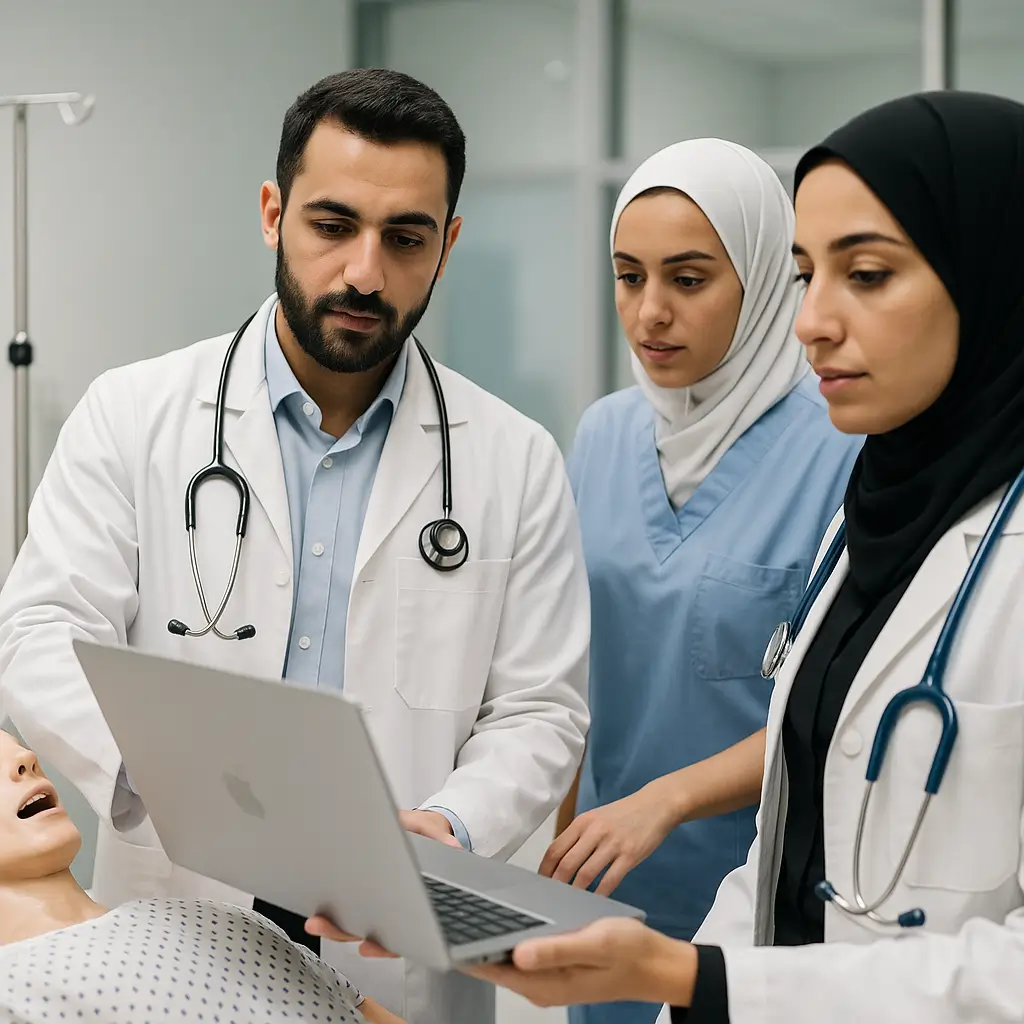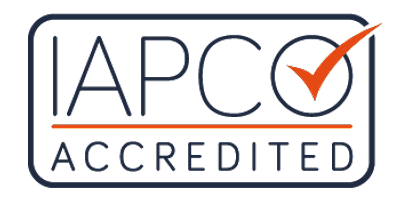Back to Blog
Uncategorized
Featured
Simulation-Based Learning Platforms: Revolutionizing Clinical Skill Development
Explore how advanced simulation platforms transform clinical education through immersive, risk-free learning experiences.

Simulation-Based Learning Platforms: Revolutionizing Clinical Skill Development
Advanced simulation technologies are reshaping the landscape of healthcare education by creating realistic training environments for healthcare professionals. These immersive practice experiences enhance clinical competency and prepare practitioners for real-world challenges.
The Simulation Learning Revolution
Simulation-based learning is revolutionizing medical education by offering safe and controlled environments where healthcare professionals can practice complex procedures. This approach allows them to develop critical skills without posing risks to patients, thereby fostering a culture of safety and competence.
Advanced Simulation Technologies
High-Fidelity Mannequins
High-fidelity mannequins play a crucial role in simulation-based learning, providing physiologically accurate responses to medical interventions. These advanced models allow for real-time monitoring and adjustment of vital signs, enabling learners to engage in interactive scenarios that include programmable complications. Furthermore, the integration of multiple systems facilitates complex case simulations that mirror real-life situations.
Virtual Reality Integration
Virtual reality (VR) technology further enhances learning by creating immersive environments for procedural training. With the inclusion of haptic feedback, learners can develop tactile skills essential for effective patient care. Additionally, VR enables scalable training, accommodating multiple learners simultaneously and offering remote accessibility for distributed learning opportunities.
Learning Platform Architecture
Scenario Development
The development of scenarios within these learning platforms is grounded in evidence-based cases that reflect authentic clinical situations. Scenarios are designed with progressive difficulty levels, ranging from basic to advanced procedures, and often require multidisciplinary teamwork. Moreover, these scenarios incorporate cultural competency elements to address the needs of diverse patient populations.
Assessment Integration
Effective assessment is integral to simulation-based learning. Real-time performance evaluations and feedback provide learners with immediate insights into their skills. Competency tracking across various domains allows for comprehensive skill development, while video review capabilities promote reflective learning. Peer evaluation tools facilitate collaborative assessment, further enriching the learning experience.
Implementation Across Specialties
Surgical Training
In surgical training, simulation platforms enable learners to practice laparoscopic procedures with haptic simulation technology, and engage in robotic surgery training with virtual patients. Emergency procedures can be simulated under stress conditions, providing a realistic context for team coordination in complex surgical scenarios.
Emergency Medicine
For emergency medicine training, realistic patient presentations enhance trauma management skills. Learners engage in resuscitation protocols that simulate time-pressure elements and practice triage decision-making in mass casualty scenarios. Communication skills are also emphasized, particularly in interactions with distressed patients and their families.
Nursing Education
Nursing education benefits significantly from simulation platforms, particularly in medication administration, where error prevention training is paramount. The focus on patient care procedures underscores safety protocols, while critical thinking development is fostered through complex case scenarios. Additionally, simulation provides opportunities for nursing students to cultivate leadership skills in challenging clinical situations.
Quality Assurance and Outcomes
Learning Effectiveness
To ensure the effectiveness of simulation-based learning, institutions measure skill retention through longitudinal assessments and evaluate the transfer of skills to real clinical settings. Confidence building is achieved through repeated practice opportunities, and the approach has been associated with a reduction in errors during actual patient care.
Continuous Improvement
Continuous improvement is vital to the success of simulation-based learning platforms. Scenario refinement is informed by learner feedback, while technology updates incorporate the latest advancements in simulation. Faculty development programs ensure effective simulation instruction, and ongoing research integration supports evidence-based practices within the field.
In conclusion, simulation-based learning platforms represent the future of healthcare education, offering safe, effective, and scalable training solutions that significantly enhance clinical competency and improve patient safety outcomes.





.jpg)